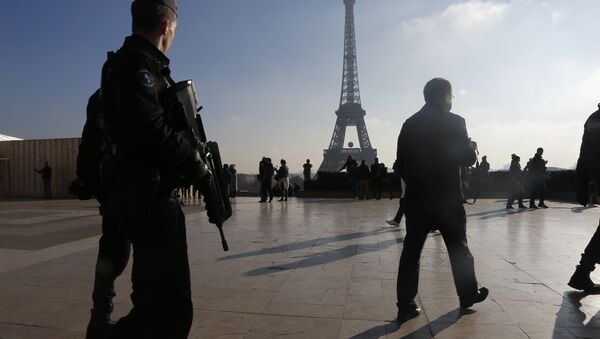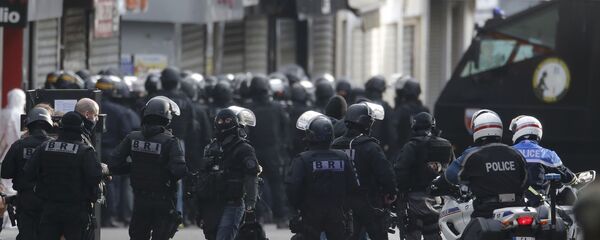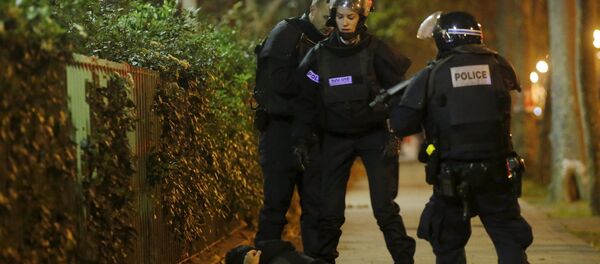The coordinated attacks in Paris on November 13 were among the most devastating in French history. Leaving at least 130 dead and hundreds more injured, French officials were, perhaps understandably, eager to crackdown on anyone responsible and prevent those plotting similar attacks.
In the interest of national security, a 3-month state of emergency was declared. Authorities have conducted 793 raids across the country, hunting down those believed to be responsible for the attacks, which is believed to have been plotted by the self-proclaimed Islamic State terrorist group.
But some worry that the French government’s new security measures could go too far, and linger long after the threat has passed.
"The government is giving guarantees of security to a traumatized population that asks for ever more security, even at the price of sacrificing its own freedoms," Noel Mamere, one of the few politicians to vote against the new security measures, told Reuters.
"In a few months, these same people will wake up with a hangover and realize that, in the name of fighting terrorism, the country has been locked down and our individual and collective liberties violated."
The state of emergency gives French authorities a wide array of new powers. For one, police can conduct warrantless searches of both people and homes, provided that conspiratorial activity is suspected.
Police are also free to detain individuals or place them under house arrest for indefinite lengths of time without charge, based purely on the exhibition of behavior deemed to be a threat. Since the attacks, 90 people have been arrested, with another 164 placed under house arrest.
Authorities also have broad power to break up any group that is vaguely deemed a threat to the public good.
"It is a paradox to suspend human rights in order to defend them," John Dalhuisen, Amnesty International’s director for Europe and Central Asia, told Reuters.
French President Francois Hollande has also proposed an amendment to the constitution which would remain in place long after the state of emergency has ended. If passed, the law would grant the government the authority to strip the French citizenship from any dual nationals suspected of joining a terrorist group.
A number of critics have warned that France’s reaction to terrorism is becoming eerily reminiscent of the Bush administration’s crackdown on civil liberties after the 9/11 attacks.
"Just like 9/11 in the United States, it seems that the way France’s bloody Friday will be exploited matters more than the tragedy itself," French journalist Gilbert Mercier wrote for News Junkie Post.
Mamere expressed a similar sentiment.
"The US was the first to enter this unbearable spiral with the Patriot Act. We’re following the American scenario," he told Reuters, referring to the sweeping Bush-era legislation which was cited as justification for the NSA’s domestic spying program.
Yet, despite these concerns, the French public remains largely apathetic. An opinion poll released by Institut francais d’opinion publique on Tuesday shows that 84% of those surveyed were "ready to accept more controls and a certain limitation of freedoms."
The state of emergency is officially meant to last only three months, but Mamere has his doubts.
"When the government proposes to lift it, there will be people like the police unions and politicians who will ask why," he said.
"It’s meant to address terrorism and everyone knows the terrorist threat will not be gone in three months."





